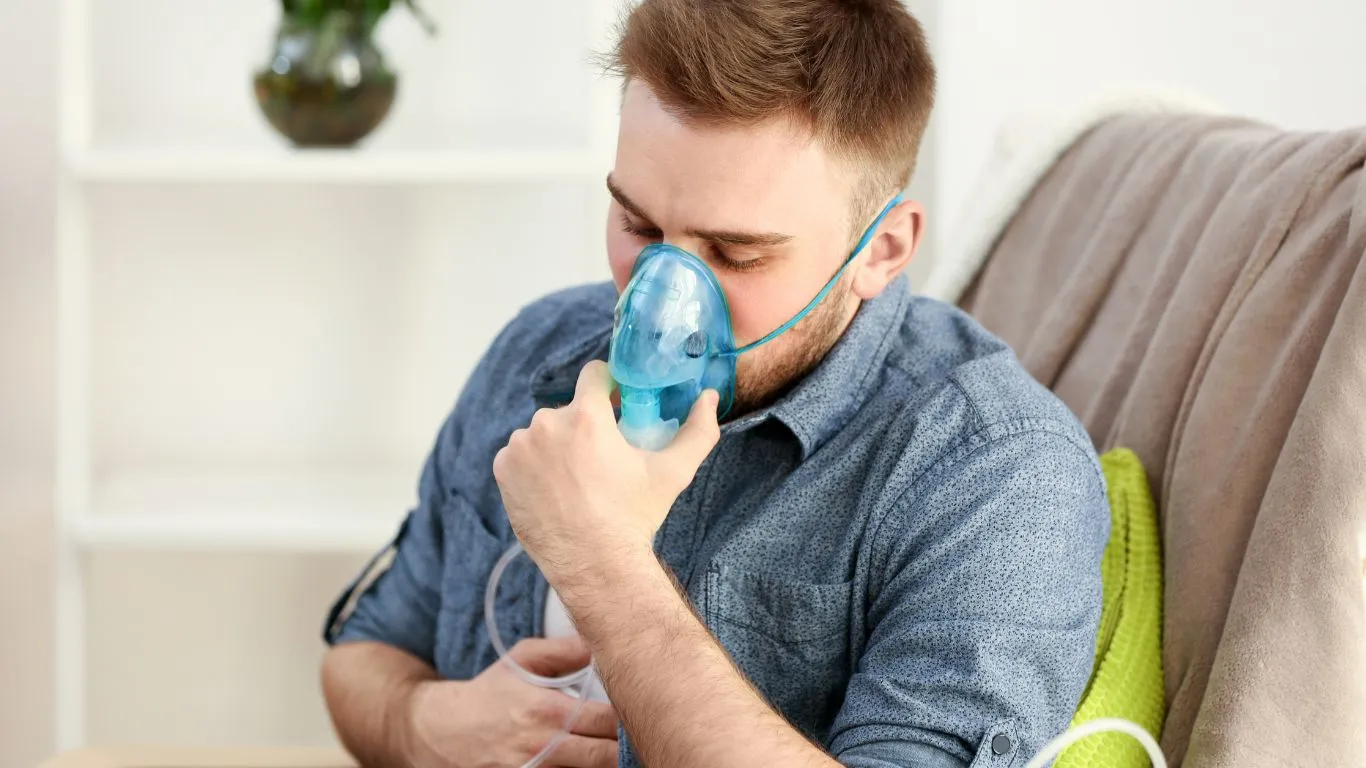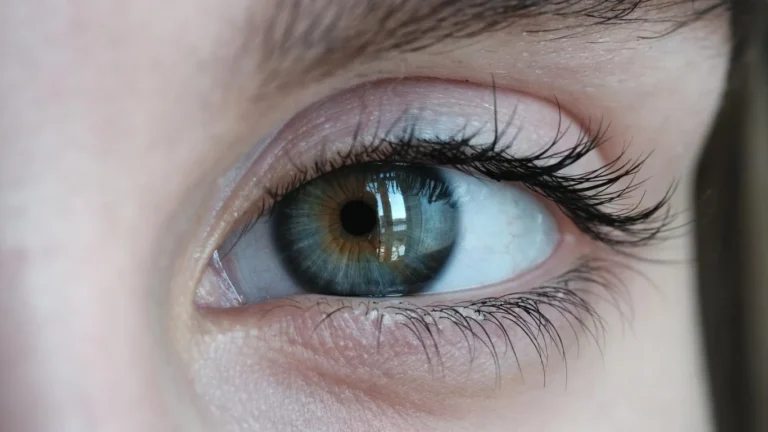Can Asthma Make You Feel Tired? Here’s What You Need to Know
Feeling tired all the time and wondering if your asthma might be the culprit? You’re not alone. Asthma can definitely make you feel more exhausted than usual. Here’s how.
If you have asthma, you’re probably familiar with the usual symptoms like wheezing, coughing, or shortness of breath. But what about that constant feeling of tiredness? Is your asthma to blame? The short answer is yes, asthma can make you feel exhausted. But it’s not always obvious why. Let’s break it down and figure out what’s going on.
Why Does Asthma Make You Feel Tired?
Asthma is a condition that affects your airways, making them inflamed and narrower, which can make breathing harder. When your airways are inflamed, your body has to work harder to get enough oxygen. And all that extra effort can drain your energy, leaving you feeling wiped out.

Even if you’re not having a full-blown asthma attack, ongoing symptoms like coughing or wheezing can mess with your sleep. Not sleeping well can lead to tiredness throughout the day. And if your asthma isn’t properly controlled, those symptoms might pop up more often, making you feel even more run down.
Asthma and Sleep Problems
One of the key ways asthma contributes to fatigue is through sleep disturbances. If your asthma symptoms are worse at night, it can make it hard to get quality rest. You might wake up feeling like you haven’t slept at all because you were too busy coughing or struggling to breathe.
Here are a few ways asthma might impact your sleep:
1. Nighttime coughing and wheezing: These are common asthma symptoms that tend to get worse at night, which can wake you up and interrupt your sleep cycle.
2. Shortness of breath: Difficulty breathing, especially while lying down, can make it tough to fall asleep or stay asleep.
3. Increased mucus production: If your asthma is triggered by allergens, your body might produce more mucus at night, making it harder to breathe comfortably.

If you’re not getting restful sleep, it’s no wonder that you’ll feel more tired during the day.
Asthma and Its Impact on Energy Levels
If your asthma symptoms aren’t controlled, you might find that you’re always out of breath, even after mild activity. That can leave you feeling fatigued since your body is working overtime just to keep up with basic tasks. It’s like trying to run a race without catching a breath — your energy gets drained quickly.

Exercise is a great way to improve your overall energy levels, but if you have asthma, exercise might be a double-edged sword. Some people with asthma find that physical activity triggers their symptoms, which can leave them feeling even more tired afterward. On the flip side, regular exercise can actually help improve lung function over time, so it’s worth trying to find a balance that works for you.
Managing Asthma to Beat the Fatigue
Now, here’s the good news: you don’t have to just accept feeling tired all the time. Asthma fatigue can be managed with a few strategies. Let’s look at some tips to help you feel better:
1. Stick to your asthma treatment plan
Make sure you’re following your doctor’s advice and using your inhalers or medications as prescribed. Controlling your asthma symptoms can help you breathe more easily and avoid fatigue.
2. Focus on good sleep habits
If asthma is keeping you awake, try sleeping with your head elevated or use a humidifier to keep the air moist. Also, try to avoid any known asthma triggers before bed, like pet dander or allergens.
3. Stay active (but pace yourself)
Exercise can help build lung capacity and reduce fatigue over time. However, be sure to pace yourself and use your inhaler beforehand if you need it.
4. Manage triggers
Avoid things that might trigger your asthma, such as smoke, strong perfumes, or certain foods. Keeping your asthma under control can prevent flare-ups and keep your energy levels up.
5. See your doctor regularly
Work with your doctor to make sure your asthma is under control. If you’re feeling unusually tired despite your treatment, it could be a sign that your medication needs adjustment.

Conclusion: Yes, Asthma Can Make You Tired, But There Are Ways to Manage It
If you’re feeling more tired than usual and you have asthma, it’s definitely a possibility that your condition is contributing to your fatigue. Asthma can make breathing difficult, mess with your sleep, and leave you feeling exhausted throughout the day. But the good news is, with the right asthma management, you can reduce symptoms and feel more energetic.
Appendices:
References:
- Asthma and Allergy Foundation of America. (2024). Asthma Management and Symptoms. Read Article
- National Institutes of Health (NIH). (2023). Asthma and Sleep Disruption. National Sleep Foundation, 45(2), 200-215. Read Article
- American Lung Association. (2024). Asthma and Fatigue: What You Should Know. Read Article
FAQs:
- Can asthma cause extreme tiredness?
Yes, when asthma is uncontrolled, it can lead to fatigue. Difficulty breathing and poor sleep quality are key contributors. - Does asthma affect sleep?
Asthma symptoms often worsen at night, which can disrupt sleep and make you feel tired the next day. - Can exercise make asthma fatigue worse?
Exercise can trigger asthma symptoms for some people, which may leave you feeling more tired afterward. But regular, moderate exercise can help improve lung function over time. - How can I prevent tiredness from asthma?
Make sure your asthma is well-managed with your doctor’s guidance, and try to improve your sleep quality. Exercise and avoid asthma triggers as much as possible. - What should I do if my asthma is making me tired all the time?
Talk to your doctor about adjusting your asthma treatment. There may be changes in your medication or routine that can help reduce fatigue.
Disclaimer: The information provided here is for general educational purposes and should not be considered as professional medical advice. Always consult with your healthcare provider for personalized advice and treatment regarding asthma and fatigue.

Bianca Nala is a compassionate Nurse Practitioner with a strong background in primary and respiratory care. As a health writer for Healthusias.com, she combines her clinical expertise with a talent for clear, relatable storytelling to help readers better understand their health. Bianca focuses on topics like asthma, COPD, chronic cough, and overall lung health, aiming to simplify complex medical topics without losing accuracy. Whether she’s treating patients or writing articles, Bianca is driven by a single goal: making quality healthcare knowledge accessible to everyone.







